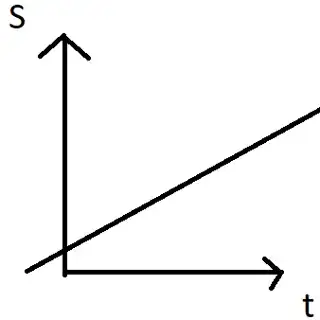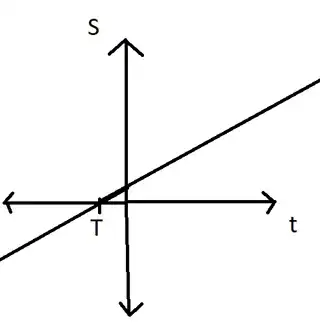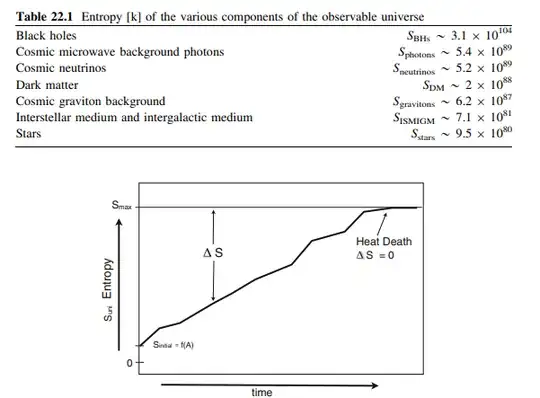So I don't understand why it's surprising that the universe in an extraordinarily low-entropy state right after the big bang?
The way I see it the second law of thermodynamics forbids almost anything else. The second law and continuity give time a direction. The second law is:
$$ \Delta S_{universe} \geq 0 $$
The $y$- axis is entropy and the $x$- axis is time. Now one may argue why not analytically continue the line for all eternity?
Consider the below figure where we extend the line and when the entropy meets the $x$ - axis we label it $S(T) = 0$. Take $2$ events such that $t_1$ and $t_2$ where:
$$t_2 < t_1 \leq T $$
What is the change in entropy?
$$S(t_1) - S(t_2) < 0$$
This is forbidden as the second law recommends. For a non-caricature version of the real thing see below:
Now the only another alternative where $S$ remains constant $$S_{universe} = \text{constant}$$ (again in such universes the constant could be of low entropy).
So the question isn't why is the initial condition of low entropy but rather why don't we observe a heat death as the initial condition? And then we would if we could exist we might argue well why didn't the universe begin with low entropy? (and I'm not sure why at this point this isn't a silly question)


